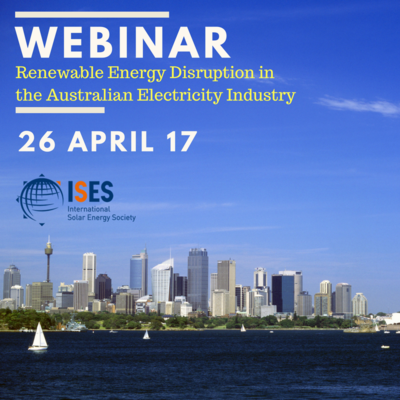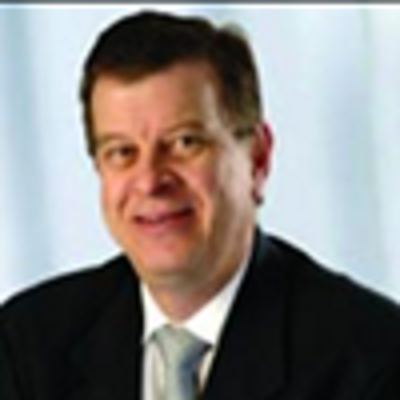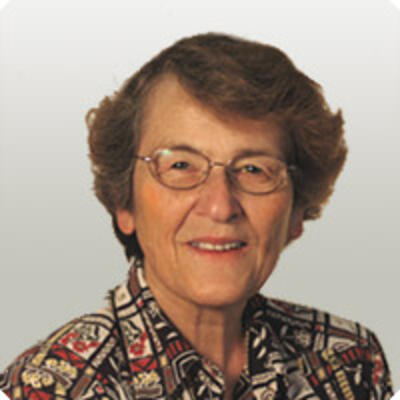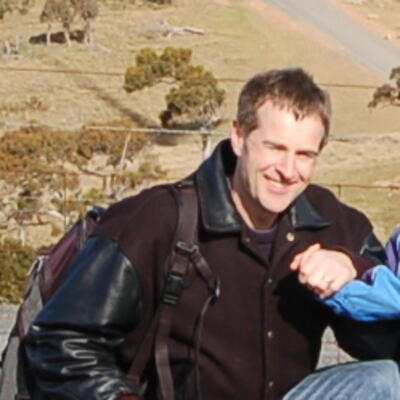
Renewable Energy Disruption in the Australian Electricity Industry
Electricity supply in Australia has long been dominated by coal and natural gas. Generators are aging and gas is becoming much more expensive due to a rapidly expanded gas export industry. Increasing renewable energy penetration is a natural choice for the country. Currently this stands at 15% of electricity supply with about 6% large hydro, 7.5% wind and solar (mainly rooftop PV) and 1.5% bioenergy. In South Australia (SA), however, the RE penetration is 44% on an annual basis (being mostly wind and rooftop solar) and is likely to reach 50% soon. This variable renewable generation is complemented by natural gas and an interconnector with neighbouring Victoria capable of supplying just 30% of peak demand. In the past year blackout and high price events in SA have wrongly been blamed solely on renewables by a hostile media and the conservative Federal Government. This has led to a very polarised and “blame laying” debate, particularly on the need to restrict the growth of renewable energy in Australia.
What is required is collaboration – and as Australia’s Chief Scientist has said – an independent look at how to provide a reliable, secure, affordable and low emission electricity supply for Australia. To discuss the issues and situation are three very knowledgeable and respected speakers,
- Hugh Saddler – Hon A/Prof, ANU Crawford School of Public Policy – “Transition from a National Electricity Market perspective”
- Tristan Edis – Green Energy Markets - “Political aspects of the energy transformation “
- Andrew Stock – Climate Council - “Situation in South Australia”
- Moderators – Ben Elliston, Senior Consultant at IT Power (Australia) and Monica Oliphant – Past President ISES and Adj A/Prof Uni SA
Webinar recording - https://youtu.be/wQxSdAzT3Ds
Webinar presentations
Speakers
Hugh Saddler

Hugh Saddler is an independent consultant who has spent almost all of his professional life working on issues related to energy and environmental policy. This has been as an academic, government employee, and consultant. He is the author of a book on Australian energy policy and over 70 scientific papers, monographs, and articles. He is a regular media commentator on energy and climate change policy and the author of a monthly newsletter that tracks and reports on trends in Australian energy supply, consumption, and greenhouse gas emissions.
Tristan Edis

Tristan Edis is the Director Analysis and Advisory at Green Energy Markets, where he assists clients understand and make informed decisions surrounding renewable energy, energy efficiency and other carbon abatement markets.
Tristan’s involvement in the clean energy sector and related government climate change and energy policy and market issues dates back more than a decade. Tristan’s prior experience includes: time as the editor of Australia’s leading daily news and analysis publication on clean energy issues: Climate Spectator; Research Fellow at the Grattan Institute think tank; the Clean Energy Council; Ernst & Young; and the Australian Government’s Greenhouse Office.
Andrew Stock

Andrew Stock is a Councillor in the Climate Council and has over 40 years’ experience in senior management and executive roles in energy businesses, spanning traditional energy suppliers and emerging energy technologies and renewables – including being a foundation member of Origin Energy's executive leadership team from 2000 to 2012. He is, a Board Member of the Clean Energy Finance Corporation, and founding National President of the Australian Business Council for Sustainable Energy (now Clean Energy Council) and has served on CSIRO's Energy & Transport Sector Advisory Committee as well as other research and energy advisory committees to the South Australian Government.
Monica Oliphant - webinar moderator

Monica Oliphant, is Past President of ISES and an Adj. A/Professor at 3 Australian Universities. She was employed for 18 years in the electricity supply industry but now runs her own consultancy. She has received several awards in recognition for her work in renewable energy and has served on a number of Australian Federal and State Australian Government Energy Related Committees. Currently she is working to develop community-owned solar and energy efficiency projects together with local governments.
Ben Elliston - webinar moderator

Ben Elliston is a consultant with IT Power (Australia), a renewable energy consulting firm. He previously worked at the University of New South Wales researching the integration of renewables into electricity systems at high penetration. He has a keen interest in all forms of renewable energy.
Additional services
Webinar recording
We understand that sometimes the time of the webinar may not suit people in many parts of the world. While we try to alternate webinar times to suit as many time zones as possible, it is not always possible. Therefore, we will post the recording of the webinar and the presentations, on this webpage for 24 hours after the live event. After 24 hours, the webinar recording will accesible on this webpage for ISES Members only.
ISES Members area
As a special service for ISES members, the recording and presentations of this webinar will be posted on this website for members-only access. To access the ISES Members area, simply log in to this website and select the webinar you wish to view. Webinars are also posted on the membership website "join.ises.org" in an archive under "Members Area".
Please note that only current ISES members have access to the ISES Members area. If you are not an ISES member, you can join easily by creating your ISES account and selecting your membership: Create an ISES account and become a member.
Certificate of Participation
ISES members may also request a certificate of participation. This is a document stating you attended this event and may be useful for your Resume or as a reminder of this webinar.
Questions and Answers
During the live webinar, there is a "questions and answers" session within the last 10 to 20 minutes. Unfortunately not all questions from participants can be answered in the time-frame of the webinar. We encourage you to use the ISES LinkedIn group to continue the discussion.


